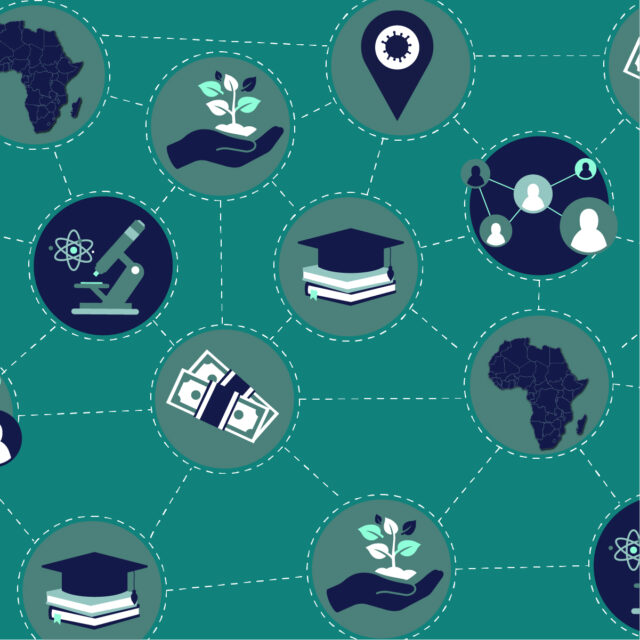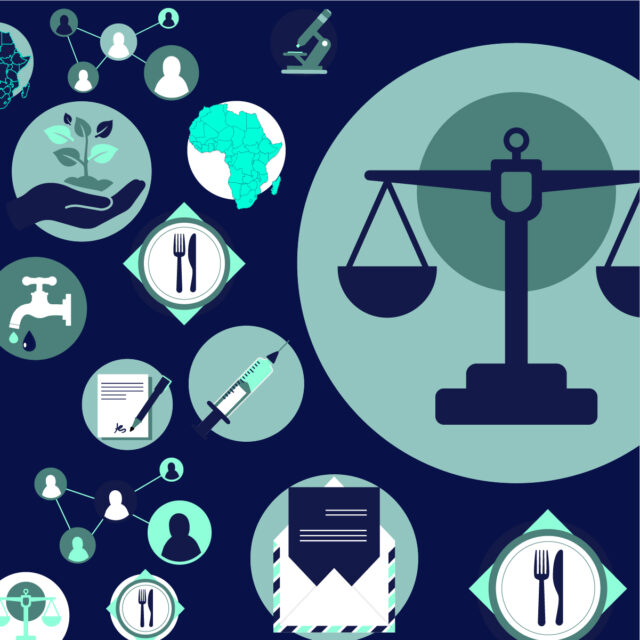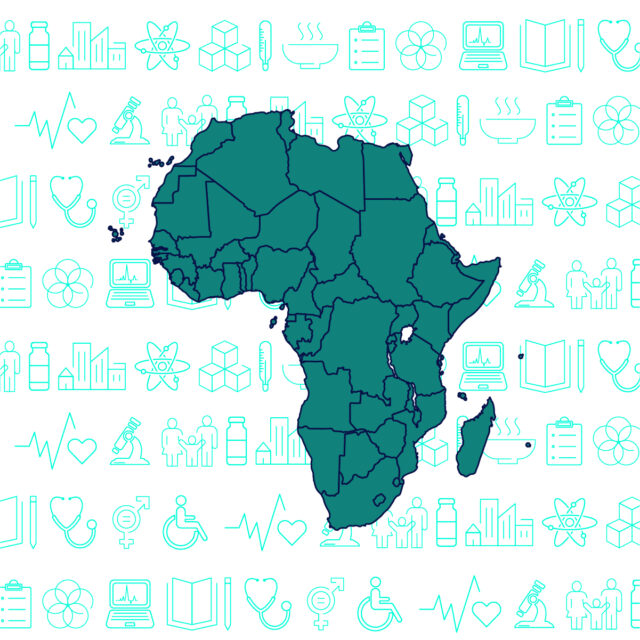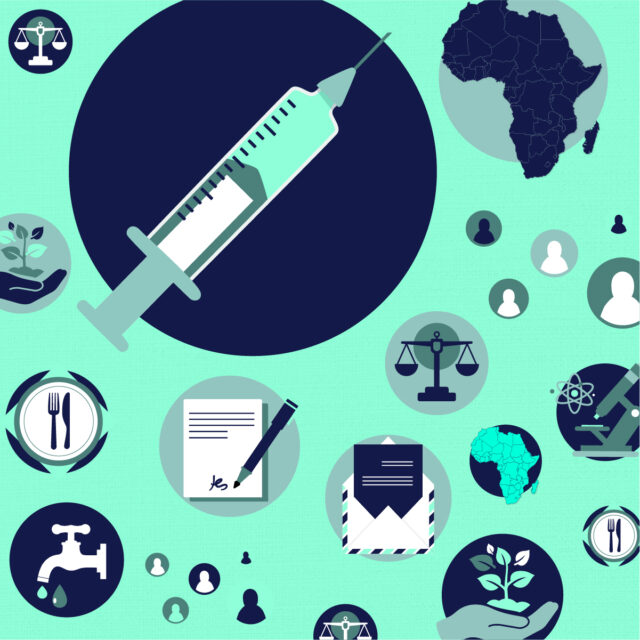Top news
Coup d’Abdalla: Sudan’s military leaders seized power on Monday, arresting Prime Minister Abdalla Hamdock and derailing a transition to democratic rule two years in the making. The US halted a $700 million aid package earmarked for the democratic transition, and experts speculate that the move also imperils a $50 billion debt relief package announced in June. Sudan is battling surging food prices and inflation (a quarter of the population is food insecure), and just 1.3% of the population is fully vaccinated. Political instability is a huge threat to upping that vaccination rate.
Commitment issues: G20 leaders will meet this weekend to tackle the interconnected COVID-19, economic recovery, and climate crises. To date, wealthier countries have largely been asleep at the wheel in combatting the pandemic. While G20 countries have committed to deliver 657 million doses by the end of 2021, only 293 million have been delivered. Over twice as many people in wealthier countries have received a booster (47 million), as people in low-income countries have received their first dose (19 million). And the WHO is literally trying to reverse engineer Moderna’s publicly-funded vaccine because the company won’t share its recipe or technology. The G20 Summit provides an opportunity for countries to resolve these commitment issues, and get us on track to end the pandemic.
Pandemic in perpetuity? At the World Health Summit this week, experts voiced concern that the world remains “woefully unprepared” to fight or end, anytime soon, the current pandemic. The world also isn’t prepared for the next pandemic. Global health workers are the backbone of national strategies yet they are facing record burnout and high mortality rates, leaving systems under-staffed to tackle other health issues. High-income countries have purchased three times more doses than COVAX, while COVAX serves a population three times the size of that in high-income countries. WHO economists contend that the political choices and systems that got us to this point require a “radical restructuring”.
Grow, baby, grow: Sub-Saharan African economies should grow by 3.7% in 2021 according to the IMF. This is a welcome recovery from last year’s contraction, but it is the slowest rate of any sub-continent, and real per capita income remains 5.5% below pre-COVID trends. Permanent economic losses could exceed 20% in some African countries. Inequity-driven vaccination delays are contributing to a divergence between Africa’s economic recovery and the rest of the world. But there are also deepening inequalities between and within African countries: In South Africa, low-wage workers suffered almost four times more job losses than high-wage workers, and the wage gap between male and female workers increased by 50%.
Risky business: Border closures in Southern Africa forced thousands of (predominantly female) traders into smuggling or sex work. Before the pandemic, their informal, cross-border commercial network accounted for 40% of a $17 billion regional trade market. This phenomenon stands in brutal contrast to the United States, where country-wide workforce restructuring (“The Big Quit”) stems in part from employees voluntarily leaving their posts for better pay and flexibility.
Nigerian tinderbox? Surges in organized crime, jihadism, and political violence risk making Africa’s most populous country and largest economy “ungovernable”. Nigeria’s stark economic inequalities and poor governance are major contributing factors. At least 2,000 people have been kidnapped for ransom this year. A million children may be missing school for fear of abduction. And while the country generates a quarter of Africa’s GDP, 40% of Nigerians lived on less than $1 a day before the pandemic. Just 1.36% of Nigeria is fully vaccinated — so COVID-driven economic and social pressures are unlikely to let up any time soon.
Merck-acle drug: Merck announced a licensing deal that will enable 105 countries, mostly in Africa and Asia, to cheaply make and sell its promising oral antiviral drug. The cost in these countries may be as low as $20 for a 5-day treatment (compared to $712 in the United States). In trials, the treatment halved the rate of hospitalizations and deaths among high-risk COVID patients who took it soon after infection. Over 50 companies have taken steps to obtain a sublicense; and, Merk promised to assist with a technology transfer for any that need it. This is how you do equity.
Drop in the pool… or ocean: Facing increasing pressure, Moderna agreed to sell up to 110 million more doses of its COVID vaccine to African countries at its lowest-tiered price. Only 15 million will be delivered by the end of this year, with another 35 million in the first quarter of 2022. With less than 6% of the continent fully vaccinated, this deal — while encouraging — is “a drop in the ocean for what the needs are.” If the 110 million doses are delivered on schedule, Africa will still need nearly 1.5 billion doses to fully vaccinate 70% of the population.
Give them a shot: Meanwhile, BioNTech announced plans to begin building an mRNA facility somewhere in Africa in mid-2022. Both Moderna and Pfizer/BioNTech remain resistant to sharing their vaccine formulas and technologies, citing the complexity and novelty of mRNA-based vaccine technology. A Times investigation disputes those claims, arguing that up to 10 companies in developing countries, including two in South Africa, have the capacity and knowledge to do so — if companies just give them a shot.
The numbers
- $30: Cost per Moderna shot in Botswana, compared to around $15 in the United States.
- 200%: Sustained per cent increase in steel prices compared to pre-pandemic levels. What does this price hike impact? Basically everything, including the cost of holiday cranberries.
- 114,000: Excess deaths among women and children in low- and middle-income countries, as health systems buckled under the pandemic.
- 9 million: US ex-pats abroad are struggling to gain access to COVID vaccines. It’s as if vaccine equity were good for everyone…
More reads
- ONE’s policy experts say there are five key barriers to ending the pandemic — and layout what G20 leaders can do about them.
- One in two Nigerians, or 122 million people, are at risk of tropical diseases that have been neglected as the government battles COVID. ONE’s Aftershocks data journalism fellow, Justina Asishana, reports on how this imperils the country’s long-term health outcomes.
- Friend of ONE, Mark Malloch Brown, argues that “there’s been a failure of imagination on the part of western leaders” to understand and fight the depths of COVID’s pandemic.
- Ipsos’ latest polling shows that COVID-19 is no longer the world’s top concern, surpassed by poverty and social inequality. South Africa was the only African country represented in polling data.
- High food prices have “joined the deadly trio” of conflict, climate and COVID-19 to “push more people into hunger and misery.” Adam Tooze explores this growing emergency.
- Health is a political choice. Leaders must invest in science, solidarity, and proven solutions to end this pandemic and prepare for the next.



